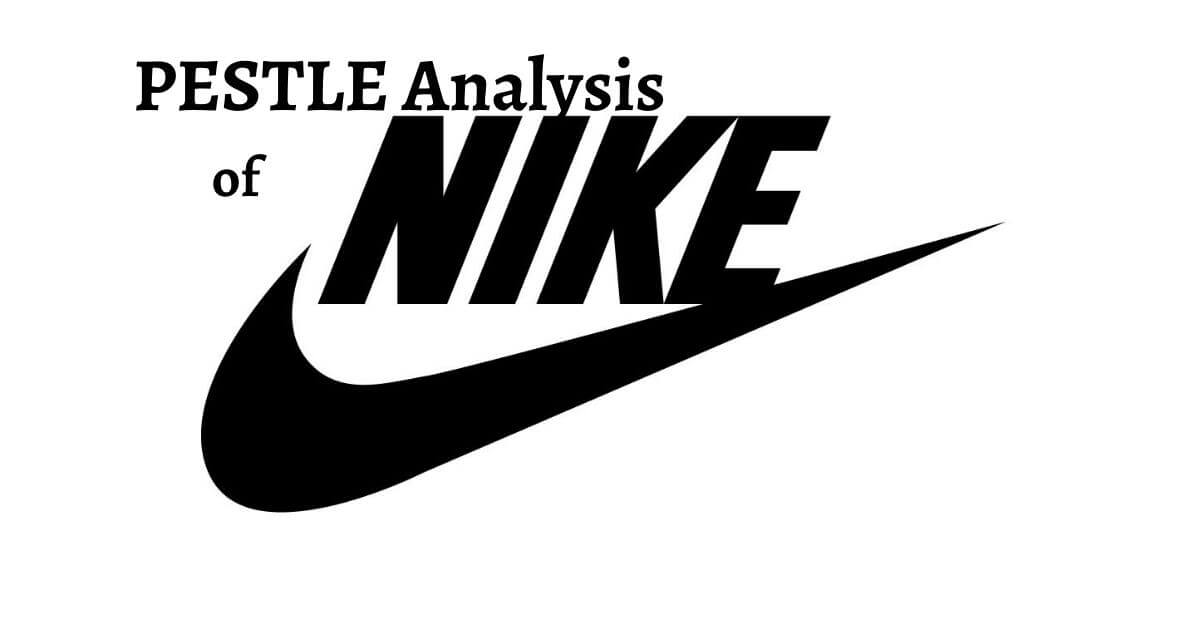WeWork is a workspace-providing workspace-providing workspace-providing workspace-providing American multinational company. Miguel McKelvey and Adam Neumann founded the Commercial Real Estate and Co-workspace Company in 2010. The company has established a network of approximately 779 location points in 39 countries across the globe. Today, we’ll discuss the PESTLE analysis of WeWork; it focuses on external environmental factors like; political, economic, social, technological, legal, and environmental factors.
Political Factors Impacting WeWork
Some of the main political factors in the WeWork PESTLE analysis are as follows;
I-Government Regulations
The government regulations are very strict and tight for commercial real estate enterprises and co-workspace companies like WeWork. They deal with regulatory areas like property lease agreements, building safety, utility services, public health and safety, labor laws, and others. The objective of strict regulations is to ensure the health and safety of workspace users.
II-Trade Policies
WeWork is operating its business in approximately 39 countries across the globe. The building property and commercial real estate policies and taxation policies of different countries are variable. In fact, some countries don’t allow foreigners to buy and invest in the real estate property business. The co-workspace company should become familiar with the trade policies of various countries.
III-Political Stability
A stable political environment plays a key role in the growth of businesses and companies. When there is political turmoil, roadblocks, processions, riots, and other violent activities; they would damage commercial properties. Investors would pull out their investment and resources from the particular country, instead of investing it and staying there.
Economic Factors Affecting WeWork
Some of the main economic factors in the WeWork PESTLE analysis are as follows;
I-Inflation Rate
The inflationThe inflation rate is the key economic indicator and it directly impacts the sale of WeWork. It happens when the country starts printing more currency notes than the required level, higher currency notes would decrease the value of existing and all the currency notes. As a result, rental prices and utility service bills would increase significantly, and they become unaffordable to many people.
II-Economic Growth
The economic growth of the country and the government play a key role in the growth of the real estate business. For instance, when people have jobs and employment opportunities, they’re earning well, and they would have sufficient disposable income. They would spend on the rental price of the co-workspace services. When they don’t have sufficient income, they would rather stay at home and work.
III-Currency Exchange
WeWork is operating its commercial real estate business in approximately 40 countries across the globe. The workspace company earns revenue in multiple currencies. On the other hand, the currency exchange rate market keeps fluctuating due to various political and economic factors. A small change in the currency exchange rate would negatively impact the cost and expenses of the co-workspace company.
Social Factors Impacting WeWork
Some of the main social factors in the WeWork PESTEL analysis are as follows;
I-Remote Working
The trend of online working and freelancing has been increasing significantly for the past few years. Human beings are social beings and social creatures, and they prefer working and collaborating with other like-minded people. However, the remote working trend has increased the growth opportunities for the co-workspacingcolor spacing company WeWork.
II-Shared Economy
The Generation-Z and MillennialsMillennials have shown a great interest in the shared economy. It led to the development of shared service platforms like ride-sharingride-sharing, used products, recycling, and other 2nd hand products and services. They focus on using the already available resources, instead of building the new ones. Co-workspace business of WeWork is a great addition to the shared economy.
III-Positive Social Attitude
The public has shown a positive attitude towards the co-workspaces of WeWork and others. Many people have said their productivity has increased to approximately 80% by working in shared workspaces and collaborating with like-minded people. A positive social attitude is further increasing the growth of WeWork.
Technological Factors Affecting WeWork
Some of the main technological factors in the WeWork PESTEL analysis are as follows;
I-Remote Working Tools
The usage of Remote working tools like Zoom, Slack, Microsoft Workspace, and others has been increasing significantly. Freelancers and remote workers are investing a significant amount of capital resources on remote working tools. WeWork should offer remote working tools and separate spaces as a part of their services; it allows them to attract the attention of customers.
II-Cybersecurity Measures
Many people use the web server and shared wifi service of the co-workspace company WeWork. The company also has a very large database of freelancers and remote workers. The platform should strengthen its cybersecurity system and wifi network to avoid any type of potential database breach and hacker attack.
III-Advanced Technology
WeWork should allocate and invest capital resources in the latest advanced technology like ML, AI, data analytics, and others. Advanced technological tools help the company to offer a smooth user experience, improve customer satisfaction, and become familiar with the needs and preferences of the customers and users.
Legal Factors Impacting WeWork
Some of the main legal factors in the WeWork PESTEL analysis are as follows;
Regulatory Compliance
WeWork needs to comply with the government regulations of different countries. They comprise labor laws, property lease agreements, commercial real estate business regulations, trade policies, taxation, and other other legal requirements. Regulatory compliance would help the company to smoothly perform its operations without any delays and disruption.
Environmental Factors Affecting WeWork
Some of the main environmental factors in the WeWork PESTEL analysis are as follows;
Sustainability Initiative
WeWork should make a strong commitment to environmental sustainability initiatives. The shared co-workspaces consume a significant amount of energy and electricity; invest in renewable sources of energy, recycling, and biodegradable packages to decrease the carbon emission rate. It allows the company to keep up with the growing environmental sustainability trends.
Conclusion: WeWork PESTLE Analysis |PESTEL Analysis of WeWork |External Environmental Analysis of WeWork | Strategic Analysis of WeWork
After an in-depth study of the pestle analysis of WeWork; we have realized that WeWork is the world’s leading shared co-workspace providing platform. If you are learning about the WeWork PESTLE analysis; then you should keep in mind the abovementioned external environmental factors like; political, economic, social, technological, legal, and environmental.

Ahsan Ali Shaw is an accomplished Business Writer, Analyst, and Public Speaker. Other than that, he’s a fun loving person.


